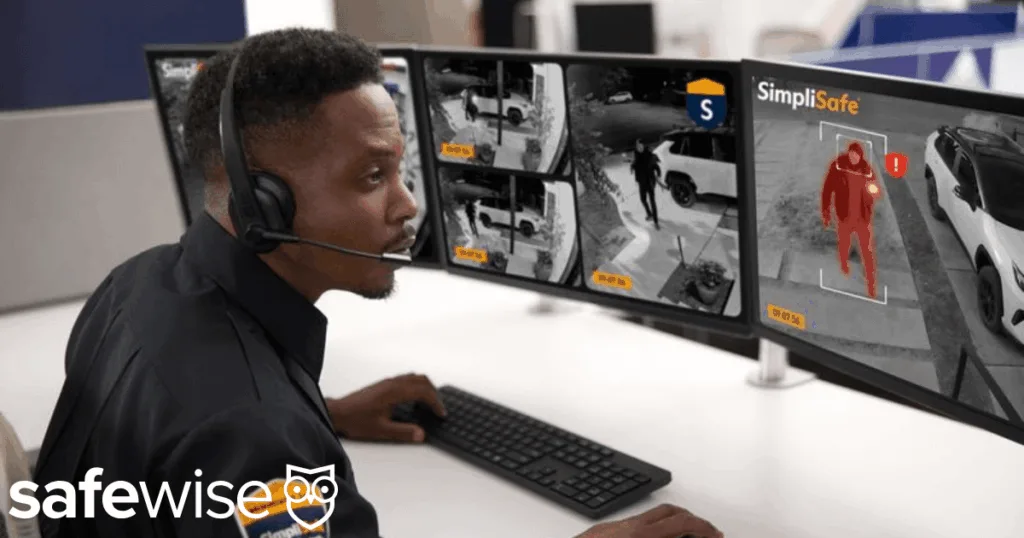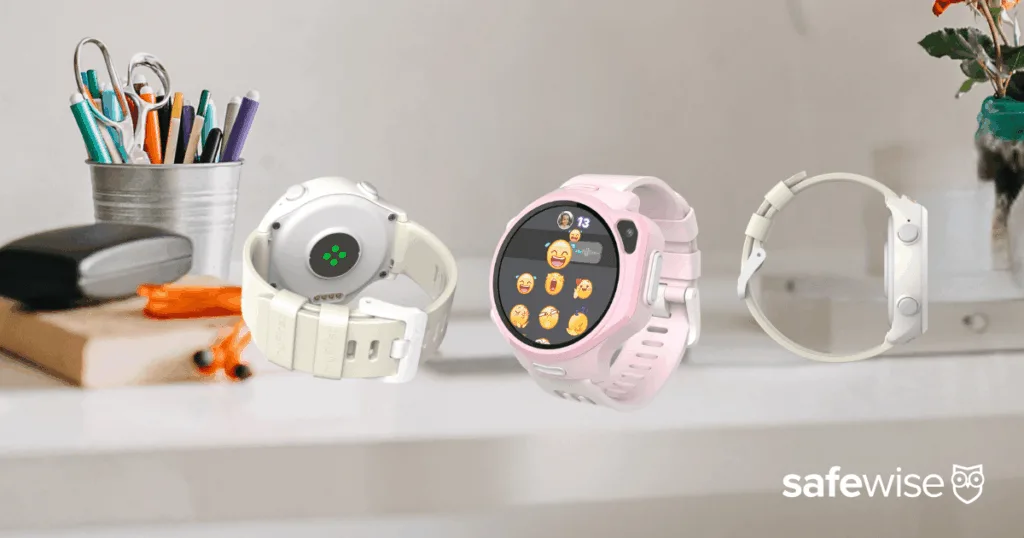Life Alert is very expensive and offers just the basics. We can count its advantages on one hand—namely its long-lasting batteries and reputation for speedy, professional service once the help button is pressed.
The disadvantages of Life Alert include its high price, 3-year contract, lack of fall detection, and lack of a caregiving app. Life Alert's pricing structure makes it difficult to get à la carte equipment, and you can only order a system over the phone.

















